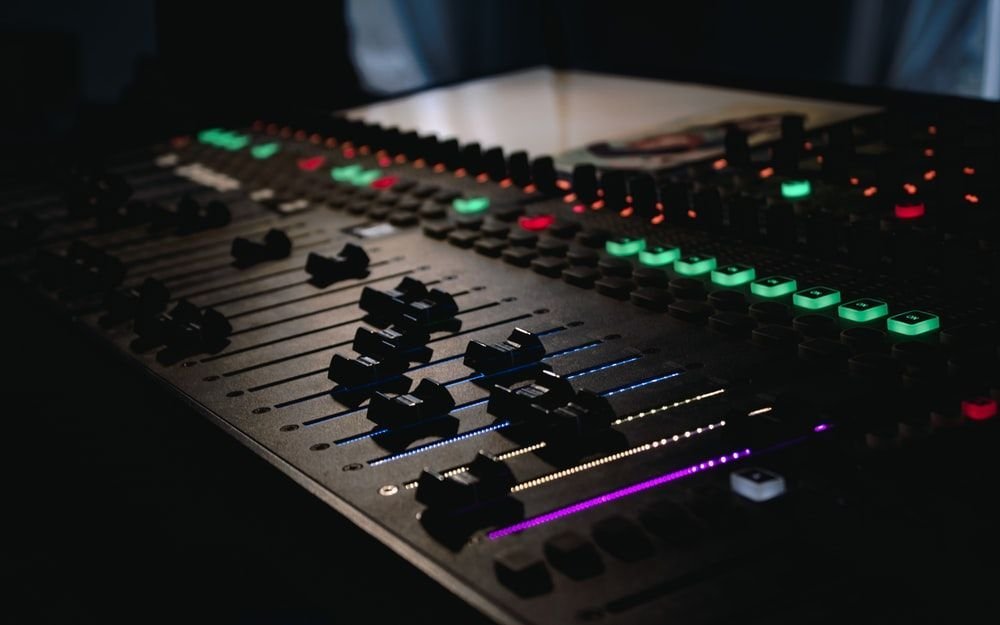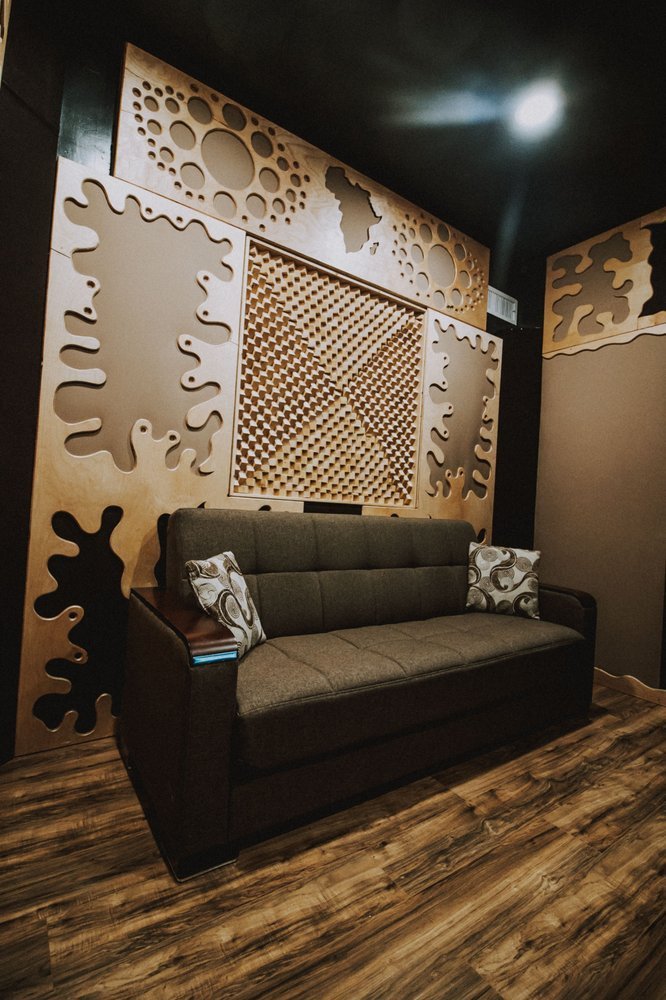
If you are thinking about recording your first album, there are many things to consider before recording begins. Obviously, it’s a big commitment and if you start thinking about all of the different things that may happen along the way, it can be overwhelming.
If you are considering recording your first album, you will no doubt have many questions. What equipment do I need? How do I get started? What should I look for when preparing my studio space?
When it’s time to record your first album, there will be many things on your mind. You’ll be worrying about the music and whether or not you’re doing everything right. Here is a list of five things to consider before recording your debut album.
-
Set goals for the album
-
Find what works for you
-
Don’t experiment too much with new instruments
-
Develop and test the concept before you record
-
Create a unique identity for yourself as an artist through songwriting.
Set goals for the album
Make sure you have a clear idea of what you want to achieve when it comes to recording your first album; this will help you stay focused and motivated throughout the process. If you don’t have any goals in mind then it’s easy for distractions to creep into your life and take over your thoughts.
Set small but achievable goals for yourself so that you can keep track of how well or badly you’re doing throughout the whole process. For example, if your goal has been to write 10 songs then writing 10 songs would be an achievement in itself!
This is extremely important because without a plan you won’t know how long certain pieces of work should take!
Find what works for you.
The most important thing is finding what works for your recording music album. What do you want to record? Do you want to hire someone else or do everything yourself? Are there any special requirements (like having access to multiple studios)?
If sometimes you don’t have a good idea or even get stuck on a song. It’s okay if the first draft isn’t perfect, because we all start somewhere and everyone has their own way of doing things.
Sometimes writing songs is more about feeling than it is about thinking. When you write songs, you’re putting yourself out there and allowing people to hear what you have to say. You’re opening yourself up to criticism and judgement, but as long as you are true to yourself, then that’s all that matters in the end.
It would be also incredibly stressful and exciting at the same time. But it’s all part of the learning curve when you’re starting out.
Don’t experiment too much with new instruments.
When you start out, it’s easy to get carried away with experimenting with new sounds and trying things out that may not work or aren’t realistic for your music. But it’s much better to be consistent with what you’re doing, because then people will know what kind of artist you are from the outset.
The best way to learn how to record is by recording. There are plenty of ways to get your ideas on tape, but the most important thing is to get in there and start recording, as fast as you can.
Take enough time to figure out what is your sound.
Develop and test the concept before you record.
Before you sit down in front of your computer or start recording, make sure you have a clear idea of what kind of album you want to make. You should have a vision in mind for what kind of sound you want to develop and how it will be expressed.
It’s also important that you know what kind of music makes up your favorite albums, as this is something that will influence your songwriting process.
However, if your process is more involved, or if you do not know what kind of music you want to write yet, then developing songs will probably not work well for you.
Create a unique identity for yourself as an artist through songwriting.
A great way to do this is through creating a unique identity for yourself as an artist through songwriting and creating your own style. This means learning about who you are as an artist, what motivates and inspires you, and then writing about those things in songs on your debut album so that people will recognize them when they hear them.
Pick out songs that are representative of your overall sound and theme for your album
Conclusion: In the end, you ultimately want to record an album that reflects who you are and what you wanted to create. An album that captures a moment in time, or a picture of your life at this point is historical.
It sounds corny, but it’s the truth: once the music is recorded, there’s no going back. So before you decide to record your debut album, it’s best if you’re prepared. But you don’t need to be so serious about it all – after all, it’s about having fun!
We hope that these insights are helpful to some of you, and will at least help guide you in the right direction when starting your own projects.
If you haven’t recorded yet and feel inspired by our advice, we leave you with this final thought: make sure you’re having a good time. If there are moments where things get difficult or don’t go perfectly according to plan, make sure to let them slide for now and remember why you started in the first place – because music is fun!



